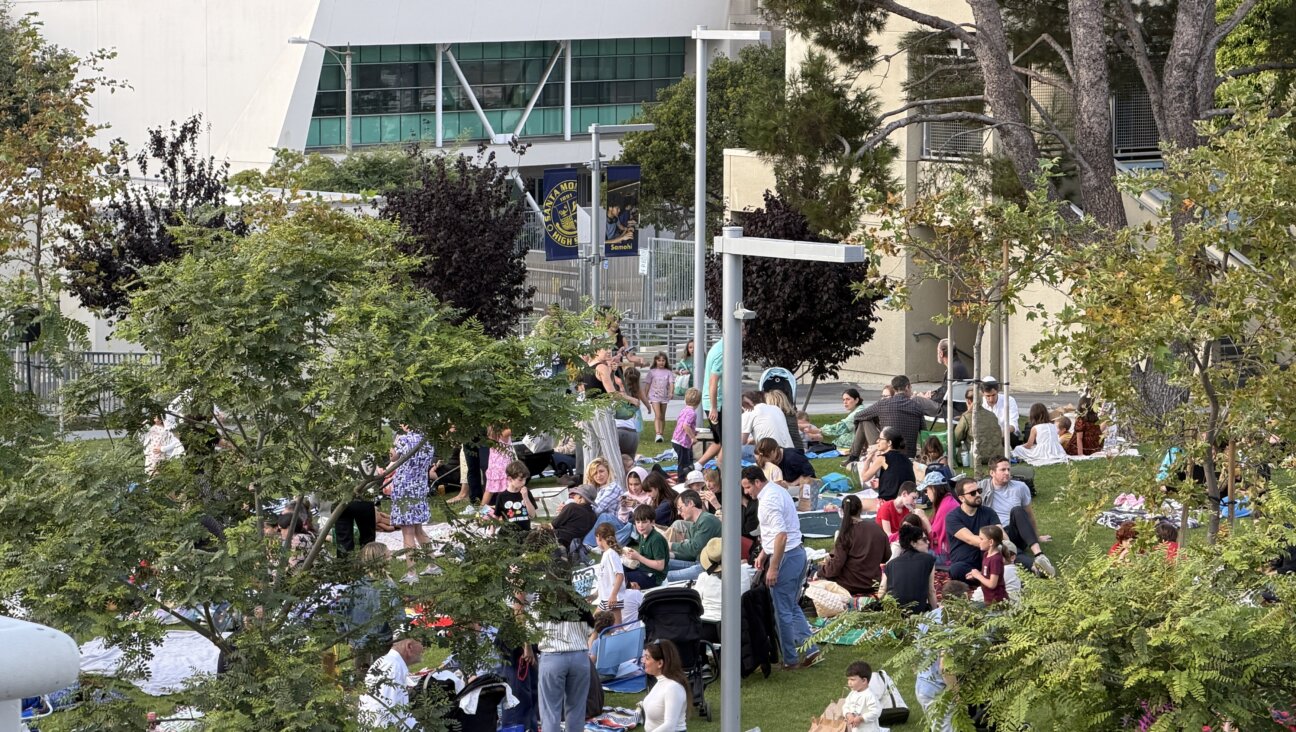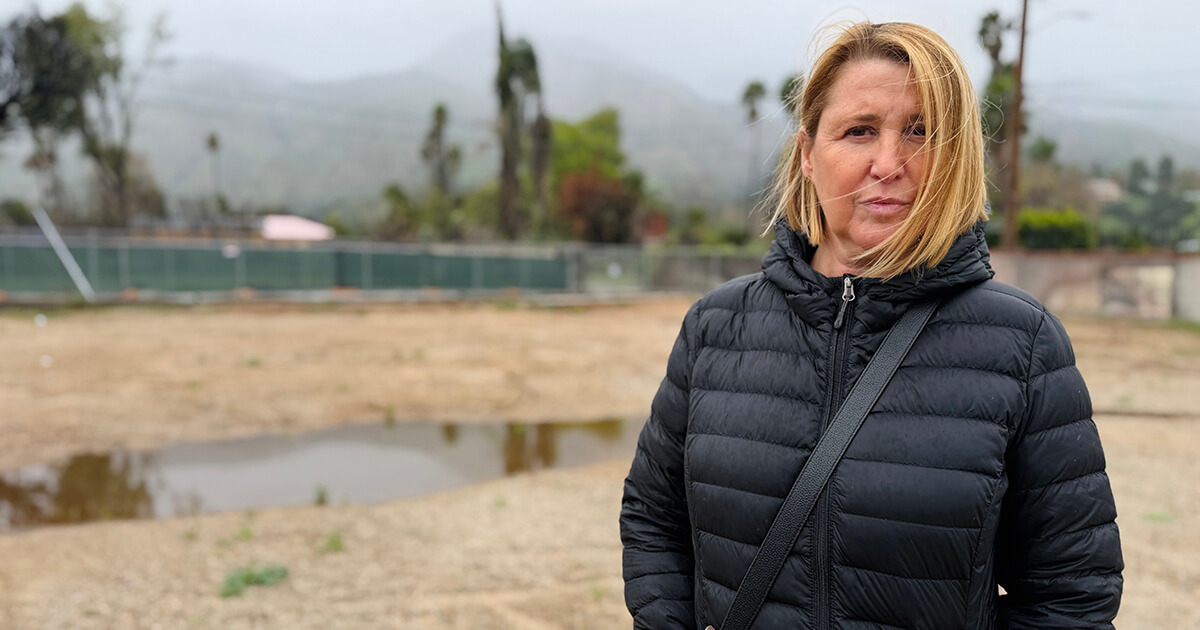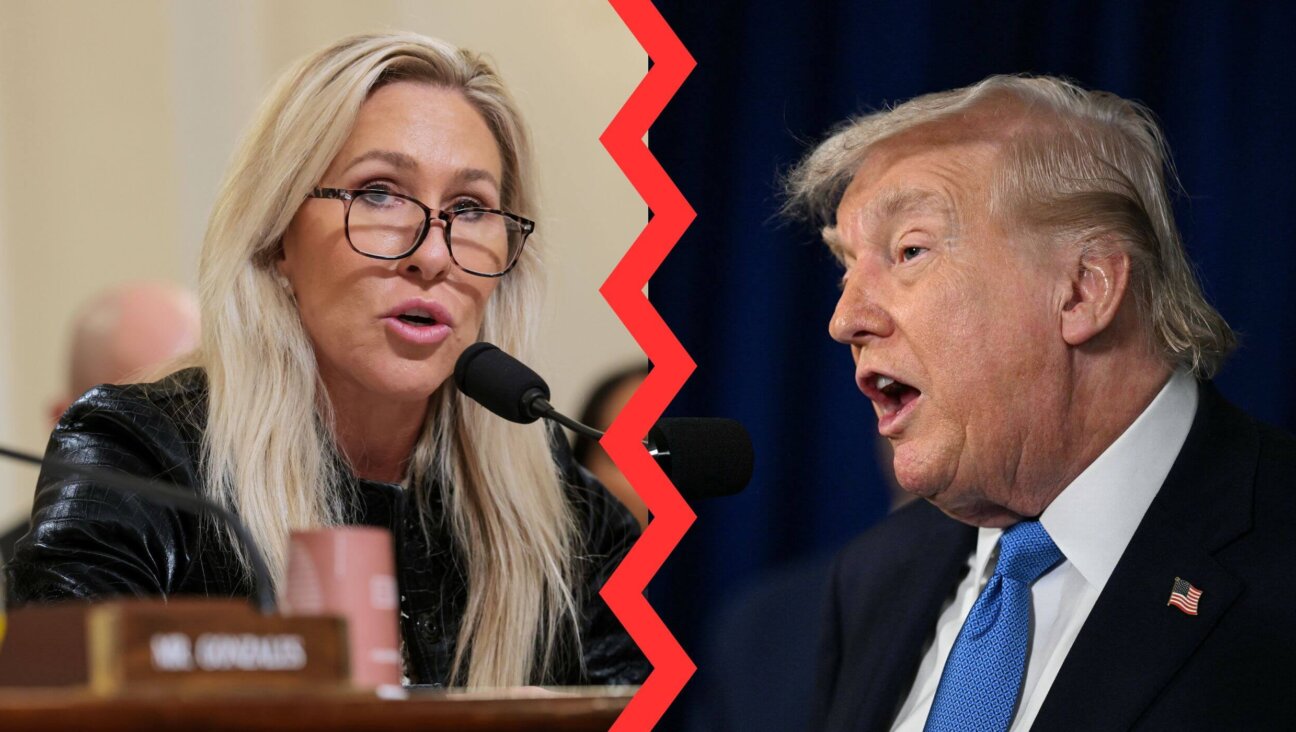New Converso Rabbi Hopes To Help Others Follow His Jewish Path
Of all the rabbis ordained at the Jewish Theological Seminary on May 21, few have journeys to the rabbinate quite as unlikely as Juan Mejia.
Raised as a Catholic in Colombia and educated at Christian schools, Mejia was on his way to becoming a monk when he discovered as a teenager that his family had Jewish roots. His grandfather would recall men gathering in darkened corners to place towels on their head and pray from a strange book.
After a torturous journey, which involved his rejection by the tiny Jewish community in Bogota and several years of study in Jerusalem, Mejia converted and began training for the rabbinate. Now Mejia is dedicating his rabbinate to helping Jewish descendants like himself who want to reconnect with their roots.
The plight of descendants of Conversos, those Jews forced to publicly recant their religion under threat of execution by the Inquisition but who continued to practice their religion in secret, has received more attention in recent years. Articles describing stories of Latino immigrants who discover their family’s strange rituals are Jewish in origin have appeared in both the Jewish and mainstream press.
Rabbi Rigoberto Emanuel Vinas, a Cuban-born rabbi who teaches classes in the Bronx for Anusim — as forced converts are known in Hebrew — has been featured in The New York Times.
Mejia promises to take the type of outreach Vinas has pioneered to a new level. With many Conversos shunned when they turn for help to Jewish communities in Latin America — those communities are beset by a “colonial mind-set,” Mejia said, and have contempt for the claims to Jewish ancestry by the locals — Mejia hopes to reach them over the Internet.
“I fight the Inquisatorial frame of mind,” he said.
Mejia already runs a Web site that offers online instruction in Jewish topics. And with his rabbinical training now complete, he hopes to relocate with his wife, also ordained in late May at JTS, to the Southwest, where many Conversos are located.
Mejia believes that only in the United States, with its large, secure and welcoming Jewish community, can the Anusim be educated and brought back to their roots.
“The Anusim revolution,” he said, “starts here.”















